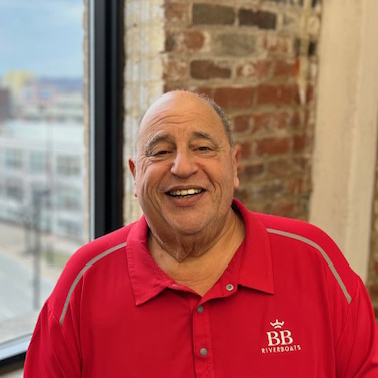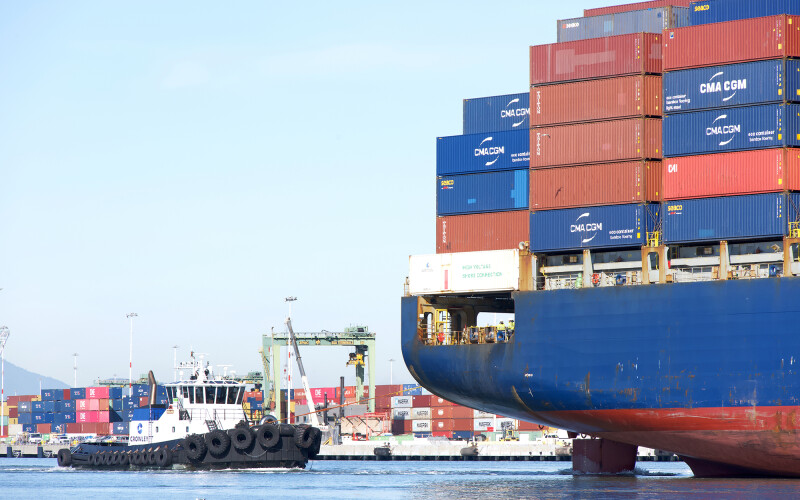Many watch California for trends that lead the nation. Most recently, this fact has risen in the form of alarming emissions regulations affecting small passenger vessels, towboats, and other commercial vessels that the state calls “harbor craft.” It warrants the attention of all of us.
More than a decade ago, the California Air Resource Board (CARB) enacted rules requiring harbor craft to be upgraded with lower-emitting engines. In 2022, CARB issued even tougher standards requiring diesels on existing vessels to be replaced with Tier 3 or 4 engines and zero-emissions propulsion systems on newbuilds by 2035. In many cases, this would force operators to completely scrap existing vessels and undertake enormous replacement costs.
In January, the Environmental Protection Agency (EPA) issued a required federal waiver for CARB to proceed with its rule despite a host of problems with the program.
California operators have long urged CARB to extend compliance deadlines, contending that they are unrealistic when considering the time required to retrofit and build vessels. In addition, unanswered questions remain about missed deadlines, potential penalties, and lost business. Further, while low-emission engines appear to be available, CARB-required diesel particulate filters (DPF) are not yet commercially viable. The Coast Guard has gone on record stating its fire safety concerns relating to current DPF technology.
In 2024, the California legislature approved legislation that would have met industry concerns, but it was vetoed by Governor Gavin Newsom. In February, the Passenger Vessel Association (PVA) wrote to EPA Administrator Lee Zeldin urging the agency to revoke its waiver. The American Waterways Operators (AWO) has written to Governor Newsom requesting that he rescind the CARB 2022 amendments.
While the drama unfolds, I encourage you to work with your own associations to support our California colleagues. What happens in California could affect us all.




